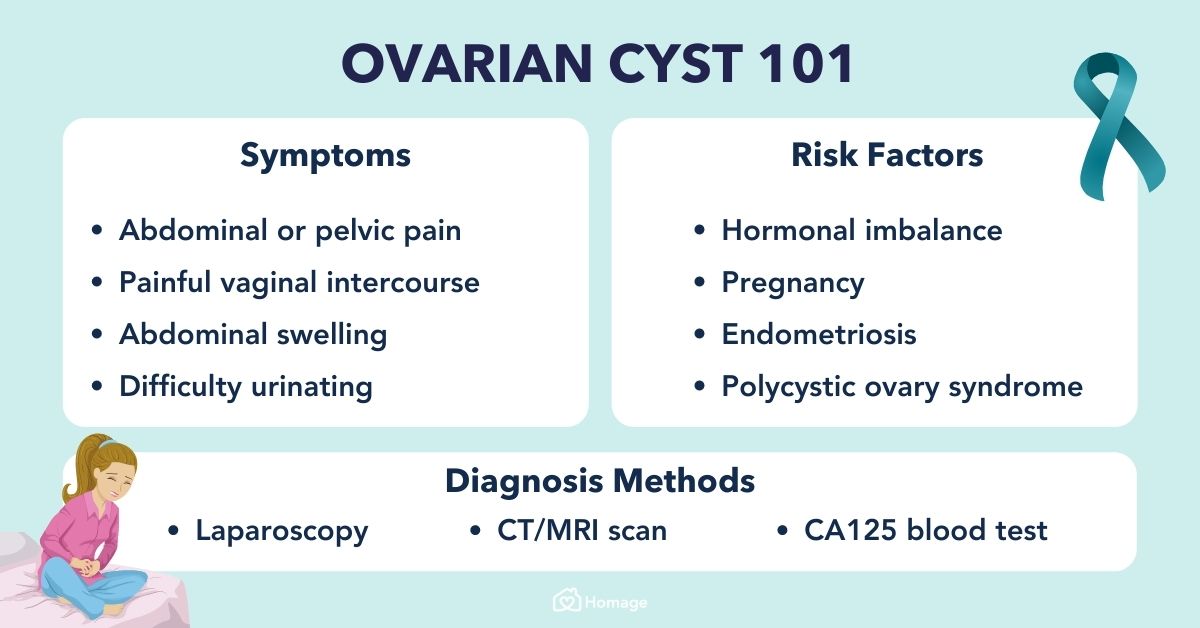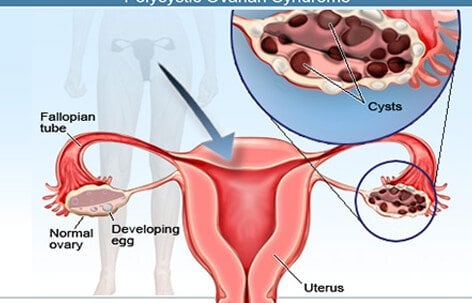
Ovary cysts are common among women and they can range from painless to painful. However, if you’re not able to get rid of your cyst on your own, you can try Ovary cyst treatments that will help you get back to your regular life. Many treatments for ovarian cysts are available over the counter, and some may be effective in treating your condition. You can read on to find out more.
There are several different treatments available to treat ovarian cysts. Your doctor may perform a pregnancy test to determine if you’re pregnant or not. If the symptoms of a cyst are not serious, your healthcare provider will likely prescribe birth control pills and hormone medicines to help you deal with the problem. Sometimes surgery is necessary to remove the cyst. If the cyst is too large, your doctor may have to remove the entire ovary, which is often the case in severe cases.
If you are concerned that you may have an ovarian cyst, your healthcare provider may recommend a pelvic ultrasound. This test uses high frequency sound waves to produce images of the ovaries and uterus. This can help your healthcare provider determine if there is a cyst and where it is located. In some cases, your healthcare provider may also suggest using an ultrasound to see the location and size of the cyst. The health website Benakat Indonesia says other tests, such as an MRI, can help doctors better diagnose your condition.
Ovarian cysts can affect your quality of life. If the cyst is not treated promptly, it can lead to life-threatening complications. In severe cases, hospitalization may be required for treatment. You will likely need intravenous pain medication and blood and fluid replacement. You may even have to reschedule the operation. The surgeon will use a special technique to make an incision in the abdomen and remove the cyst. This surgery is not a panacea, but is still a viable treatment option for ovarian cysts.
Treatment for an ovarian cyst varies depending on the severity of your condition. Some asymptomatic cysts can be treated with birth control pills or hormonal medications. Others may need surgery to remove the cyst. The type of treatment you choose will depend on the severity of your symptoms. In this case, you may need a cyst biopsy. The biopsy will also give your doctor more information about the cause of your symptoms. Your healthcare provider can prescribe a suitable treatment plan.

Ovary cyst treatments vary depending on the severity of the cyst. The most common method of removing ovarian cysts is surgery. You can undergo a laparoscopy to have a doctor check your ovaries. If your ovaries are enlarged, it may be necessary to have the cyst removed. Surgical treatment can be difficult and can be risky. You may need to undergo a procedure to remove a large ovarian cyst.
If you’re experiencing symptoms, an OB/GYN doctor or a certified nurse midwife may recommend ovarian cyst removal. An ovaries cyst can cause pain and other complications. Depending on the size and location of your ovaries, you may need an ovarian cyst removal surgery. A keyhole surgery is a minimally invasive procedure. It involves a small incision in the abdomen. During the surgery, the doctor will use a thin, lighted instrument to view your reproductive organs and pelvic cavity.
A doctor can also prescribe an ovarian cyst treatment. A doctor may prescribe a hormone medication, birth control pills, or surgery to remove the cyst. The treatment will depend on the type of ovarian cyst and the location of the symptoms. Ovary cysts are not dangerous. They will go away on their own, but sometimes they will recur if you do not get rid of them. These treatments are only available to those who have a cyst.
During an ovaries cyst surgery, the doctor may remove the cyst. If the cyst is asymptomatic, the treatment will include hormone medicines or birth control pills. In some cases, a doctor may perform a surgical procedure to remove the cyst, but this will depend on the type of ovarian cyst. A patient may need to be hospitalized for one or more nights after the surgery. If the symptoms are mild, there may not be any further treatment required.